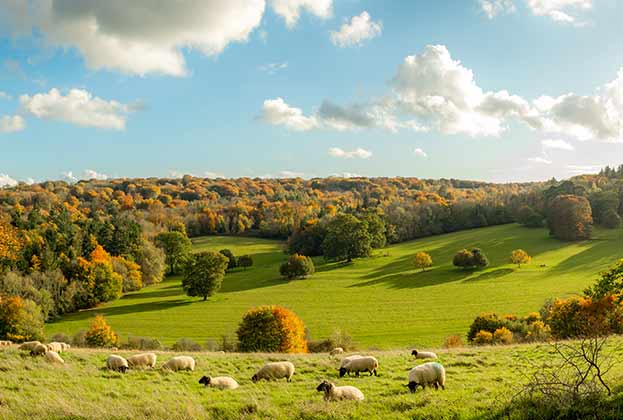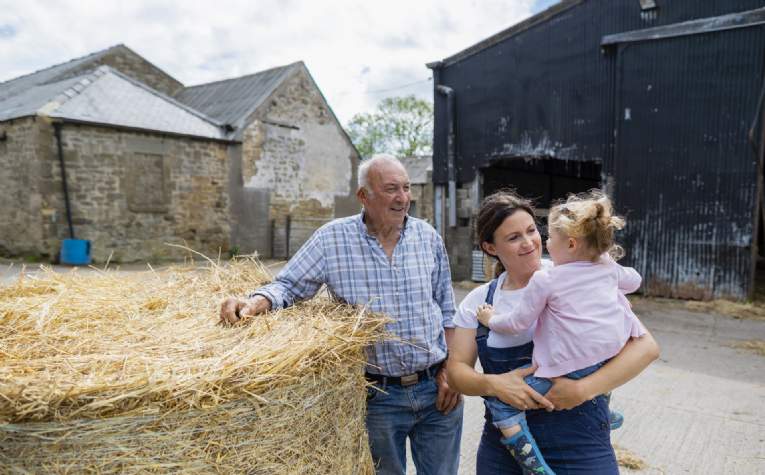While the world faces huge economic, political and environmental pressures, the rural business community is also grappling with its own challenge set by Scottish Government: to support rural communities against an increasingly regulated backdrop.
Yet, far from being defied, many land managers are fronting up to this period of unprecedented change. Developing a strategy to navigate the rapidly changing community, supply chain and policy drivers is critical.
The Committee on Climate Change demonstrates how land use strategy will be needed to decarbonise the economy and this could be a massive opportunity for the sector. Progress is being made in understanding related emerging markets, with rural businesses preparing themselves to gain early entry.
Agricultural businesses may well find success in delivering ‘public goods’ which, under the proposed new system of subsidies in England, could include encouraging biodiverse habitats and offering natural infrastructure solutions to problems like flooding or pollution reduction.
There is increasing global pressure to find new ways to produce food for expanding populations and ever more demanding customers. Notwithstanding the immense disruption caused to supply chains and consumers, the coronavirus outbreak has highlighted to policymakers how important it is to have a good level of national self-sufficiency in food production. Scotland’s most progressive agricultural businesses are constantly refining methods to yield the highest quality produce as part of sustainable systems.
Our clients are intrinsically linked to the communities in which they operate and often heavily invested in their wellbeing. Many are putting in place Community Engagement Plans to better understand the motivations of their local communities and aligning their own business objectives to these.
Landowners will continue to be primary providers of high quality and affordable accommodation in rural areas. They will also continue to create sustainable employment opportunities, not only in the traditional roles of farming, sporting or tourism, but also those being created by the climate change agenda.
In recent years we’ve seen a growing trend towards diversification, but this was largely motivated by the economic viability of our clients’ businesses. While commercial considerations will continue to be important, there is a now a real opportunity for rural businesses to be among the most valuable corporate citizens and become innovative adopters of change.
To do so, they need to harness the full value of new sustainability metrics, including carbon, water, community and environmental impact. Benchmarking sustainability through Savills Whole Estate Reporting is a great place to start.
Further information
.jpg)
.jpg)
.jpg)
.jpg)
.jpg)

.jpg)


.jpg)
.jpg)